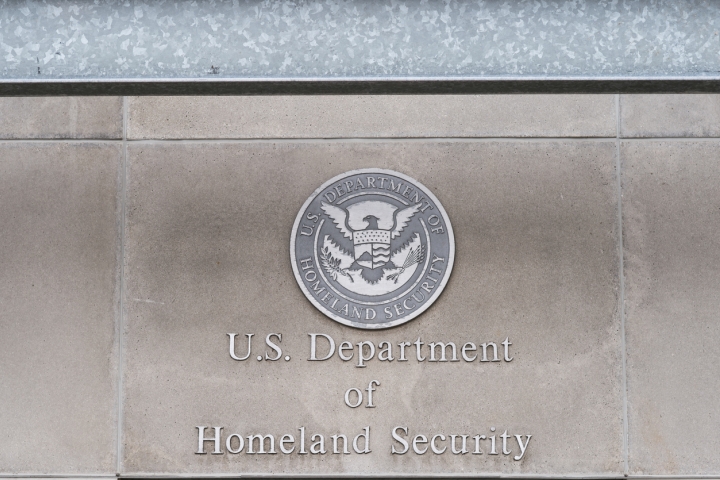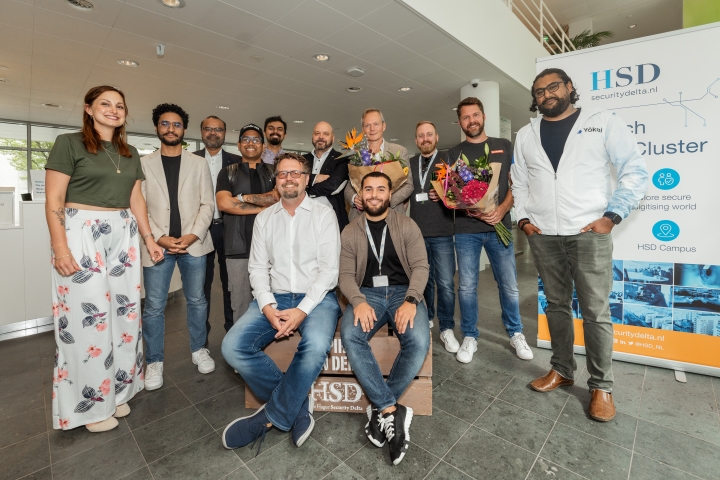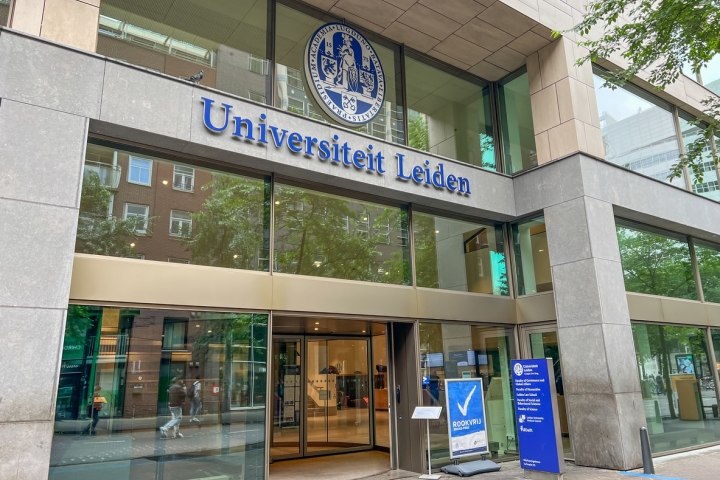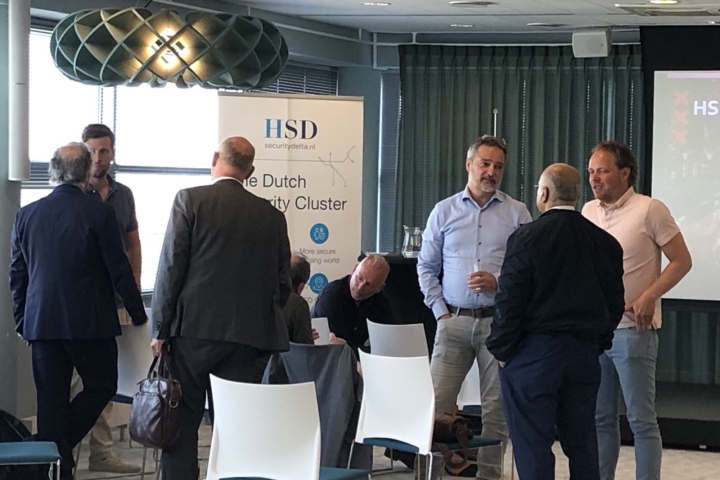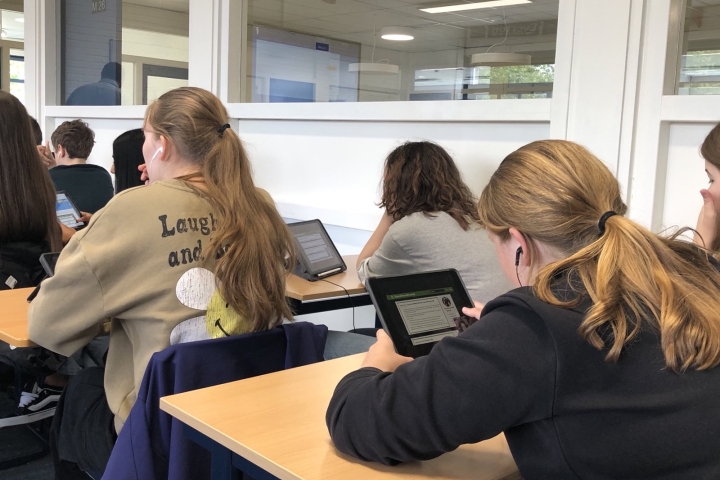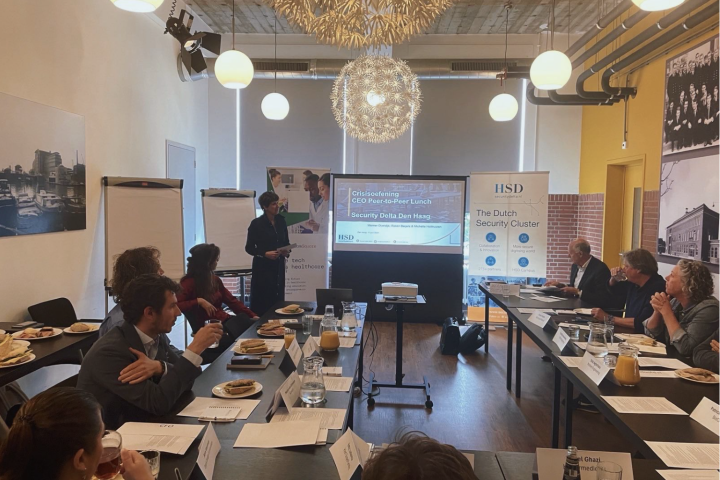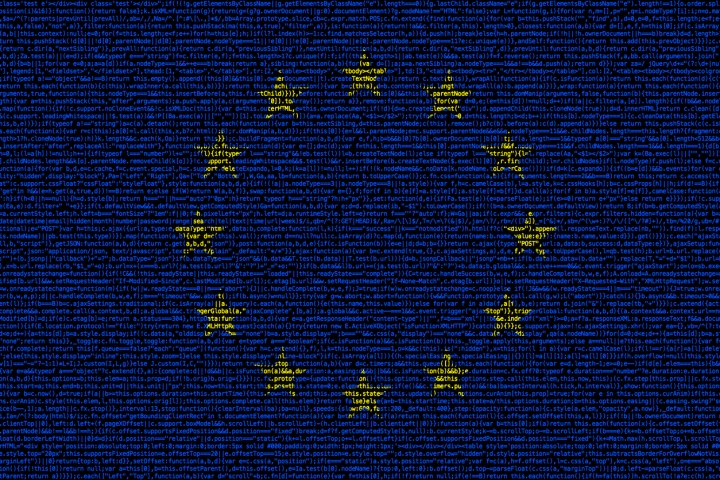Work Together Quickly Towards a More Cyber Secure Netherlands
VVD, CDA, D66 and ChristenUnie published their coalition agreement for 2017-2021. They themselves stated that this document is full of ambition. How ambitious and innovative is this new government when it comes to security, cybersecurity and economic chances? Wim Kuijken, chairman of the board at HSD, is positive about the attention for security and the innovative atmosphere surrounding the coalition agreement. However, within certain areas the ambition could and also should have been higher.
For a long period of time, organisations like the Cyber Security Council, HSD and Rathenau the Institute have been sounding the alarm. The level of cybersecurity in the Netherlands needs to be improved in order to prevent falling victim to cybercriminals and other governments, which would diminish our competitiveness. Moreover, investments in educating our youth on cyber security awareness and in educating significantly more cybersecurity professionals are necessary. As an important world economy with a high level of ICT, the Netherlands has the opportunity to take on economic opportunities that are currently untouched. Wim Kuijken: “It is good to see that security and cybersecurity receive full attention from the government”. For example, an extra 280 mln euros will go to police officers, detectives and counterterrorism. On top of the extra 26 mln for cybersecurity, the cabinet added an extra 95 mln euros per year. “These are important, structural investments that will help the Netherlands. Possibly, in the long term, there will be more financial space to continue developing and improving on this crucial theme for our country. However, let us now as government, businesses and knowledge institutions, together work quickly to make the Netherlands more secure. As HSD, we like to contribute by helping setting up an innovation agenda and in developing specific knowledge.”
Limited Impact
These structural investments are an important prerequisite for making the Netherlands more cyber secure, according to Kuijken. However, it is not all about money. He worries about the fragmentation of the budget in different ministries. “That limits our ability to make an impact. This is why I do not expect that it is possible to significantly increase the level of cybersecurity in our country in the short-term.” Kuijken argues that the government should formulate a clear vision on cyber security: “a coherent national cyber strategy is necessary. This is not only about our national security, but also about international economic opportunities in this field. We posses unique knowledge, abilities and innovations. If all parties – public, private and science – would strengthen each other, Netherlands could take a very strong position in the world on cyber security –similar to the leading position we have in water management. Together we can make a stand that will have a very positive effect on our economy.” Such a coherent and coordinated plan does however require a mandate and full anchoring within politics and government. “I do not find this in the coalition agreement. I would advice the government to read the report ‘Nederland Digitaal Droge Voeten’ (‘dry digital feet for the Netherlands) by Herna Verhagen, CEO of PostNL. Her advice for political-administrative leadership via a high commissioner and on the necessary measures to help the Netherlands to get back on track, require more follow-up.”
Attention for Innovation
The chairman of the HSD Board is positive about the attention for security and the innovative atmosphere surrounding the coalition agreement. The regulatory and administrative burden will decrease. Moreover, businesses will receive more legal space for experimenting and starting pilot projects. The government and public organisations are willing to cooperate with businesses to develop new solutions for societal issues. Moreover, they have agreed to making public government data available for businesses as much as possible. “All these measures will lead to new innovations”, said Kuijken. The government will be the first to buy these innovations, according to the coalition agreement. “By acting as launching customer, the government stimulates innovation. This is important for our economy and significantly stimulates innovative approaches, especially in specific markets like defense and security. This will be specifically beneficial for SMEs, which have a lot of innovation power that can then be deployed more effectively.” A feather in the cap is that Small Business Innovation Research (SBIR), the SME Innovation Stimulant for Regions and Top Sectors (MIT), and innovation funds will be brought together into a powerful innovation policy.
Public-Private Collaboration
The coalition agreement mentions the importance of public-private collaboration multiple times. Kuijken: “HSD shows which results can be achieved nationally and internationally on security, employment and economic opportunities when government, businesses and knowledge institutions work together. Such ‘Triple Helix’ collaboration could for example also be used for certifying Internet of Things devices through a National Testbed. Finally, I would like to call for the coalition to implement this type of collaboration on all levels within the government, so that everyone’s knowledge and skills can contribute to a prosperous and more secure Netherlands.”





